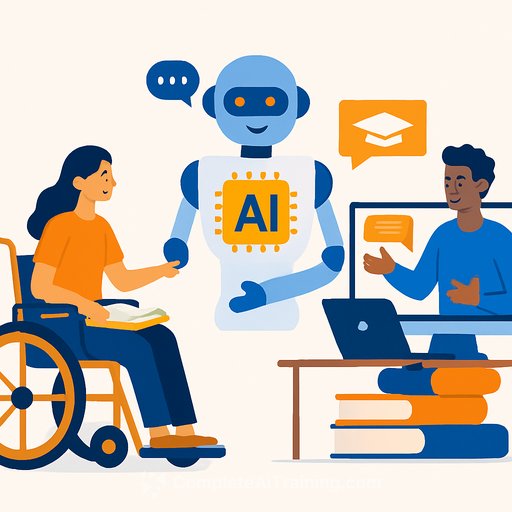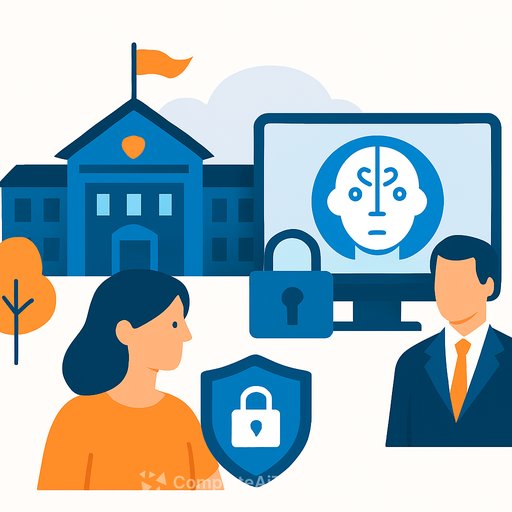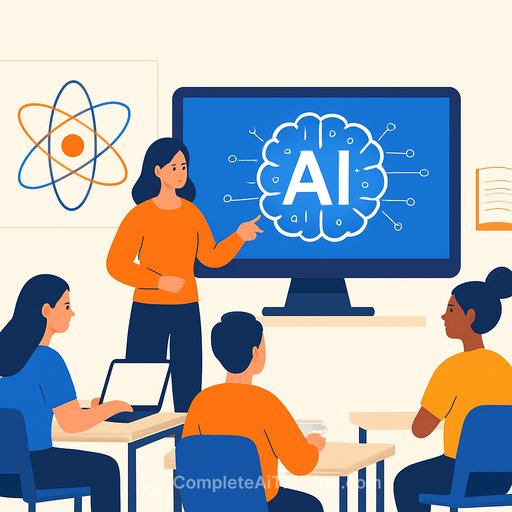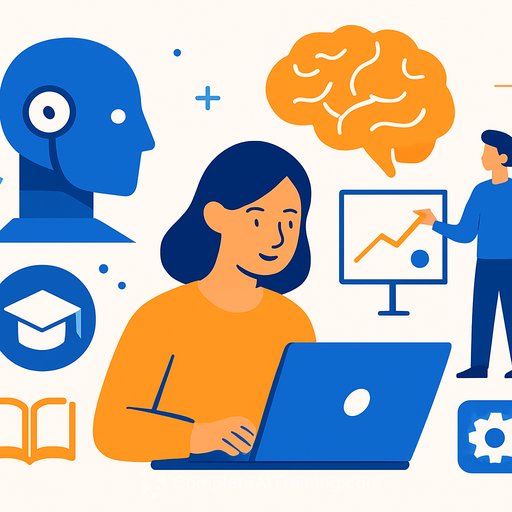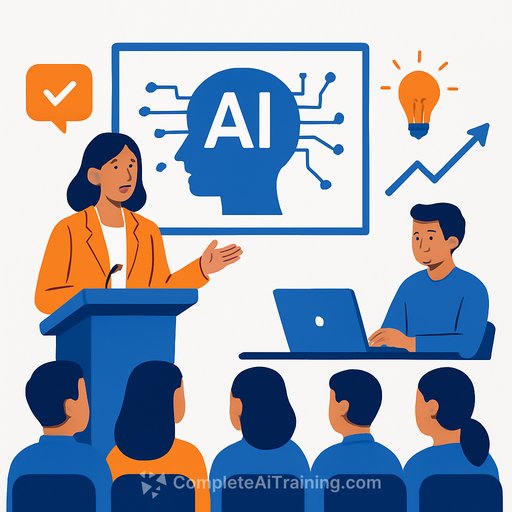AI Could Democratize Higher Education if Implemented Responsibly
Artificial Intelligence (AI) offers a real chance to make higher education more accessible and fair. As colleges and universities start using AI more, it's crucial to focus on how these tools can improve learning and outcomes for all students.
Enhancing Accessibility
AI's ability to personalize learning is one of its biggest advantages. Adaptive learning systems can adjust the difficulty of assignments based on each student's progress, keeping learners engaged without overwhelming or under-challenging them.
Besides personalization, AI helps overcome location barriers. AI-powered online platforms can serve students in remote or underserved regions, granting access to quality education resources that were previously out of reach. This can foster a more diverse and inclusive learning environment.
Supporting Educators
AI can lighten educators' workloads by handling repetitive tasks like grading, scheduling, and monitoring student progress. This frees up time for instructors to focus on teaching and mentoring.
Additionally, AI-generated insights into student performance help educators spot those who need extra support early on. Using this data, institutions can create targeted interventions to boost retention and success rates.
Ethical Considerations
Despite its benefits, AI must be implemented thoughtfully. Key concerns include data privacy, avoiding algorithmic bias, and addressing the digital divide to ensure fair treatment for all students.
Clear policies around AI use are essential, emphasizing transparency and accountability. Including students, educators, and policymakers in conversations about AI can lead to more inclusive and responsible adoption.
Conclusion
AI can make higher education more accessible and equitable by enhancing learning experiences and supporting educators. However, the key to achieving these benefits lies in responsible implementation that prioritizes ethics and inclusivity.
For educators interested in AI applications and training, resources like Complete AI Training offer courses on how to effectively integrate AI in educational settings.
Your membership also unlocks:

